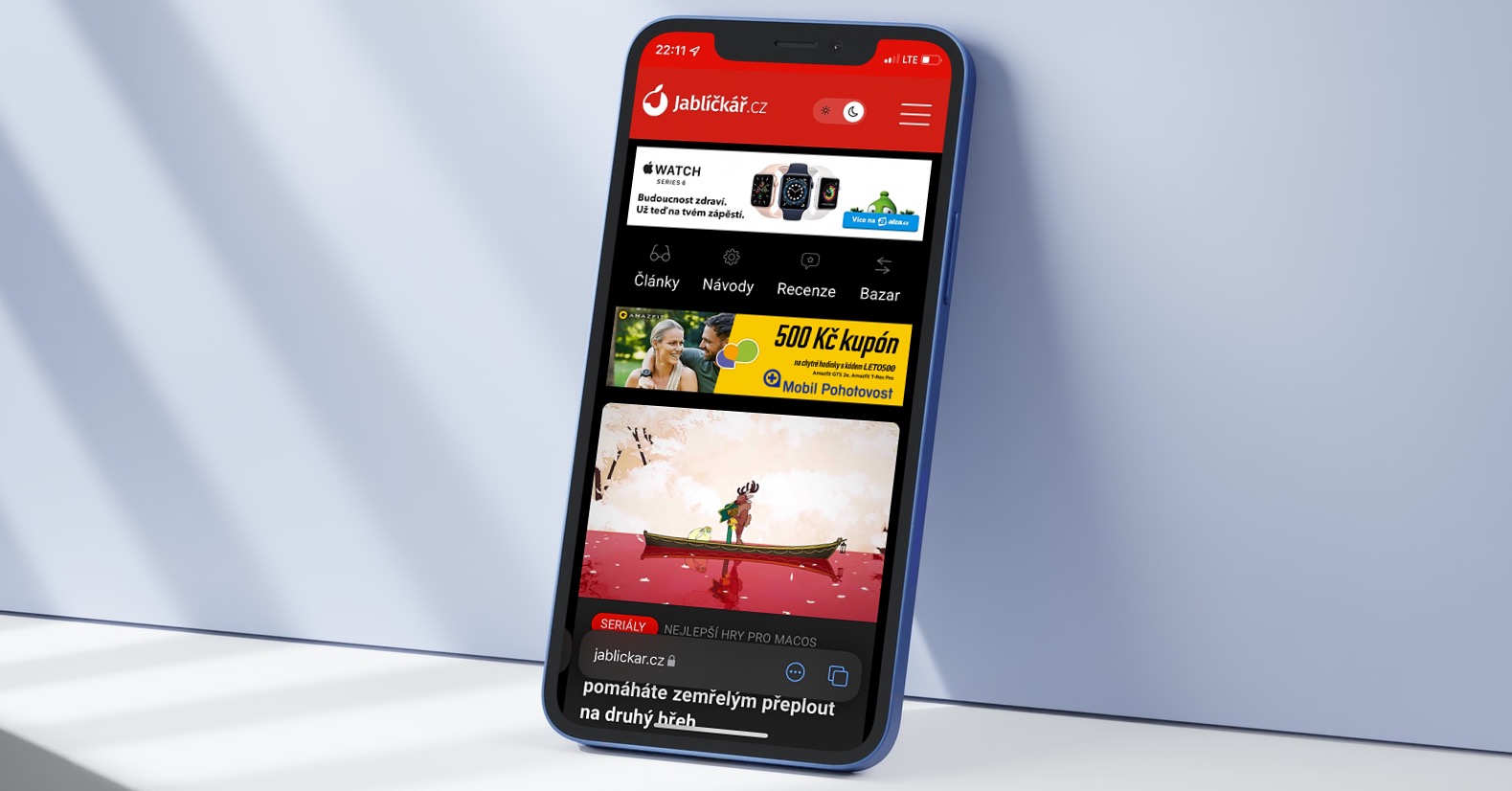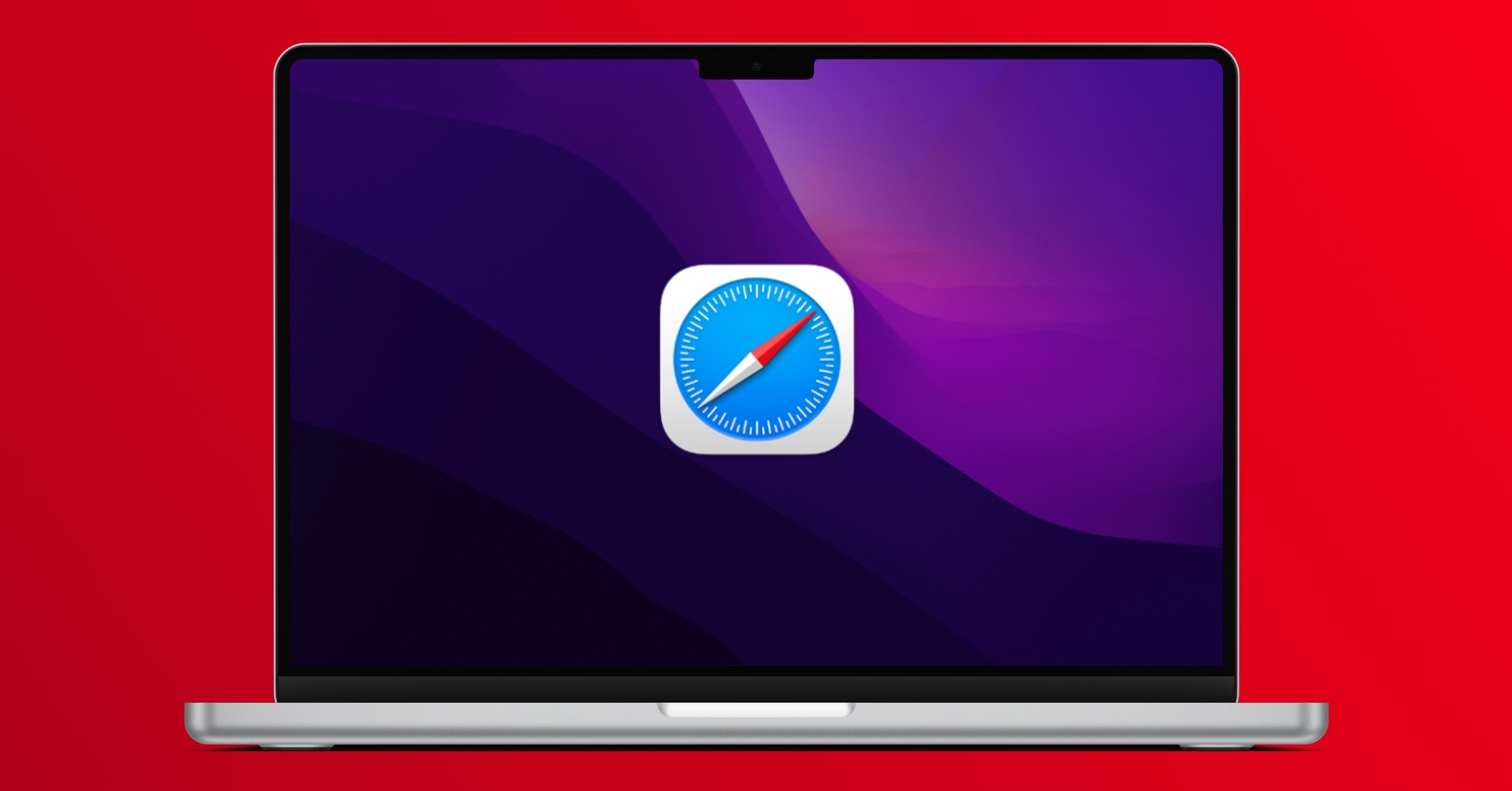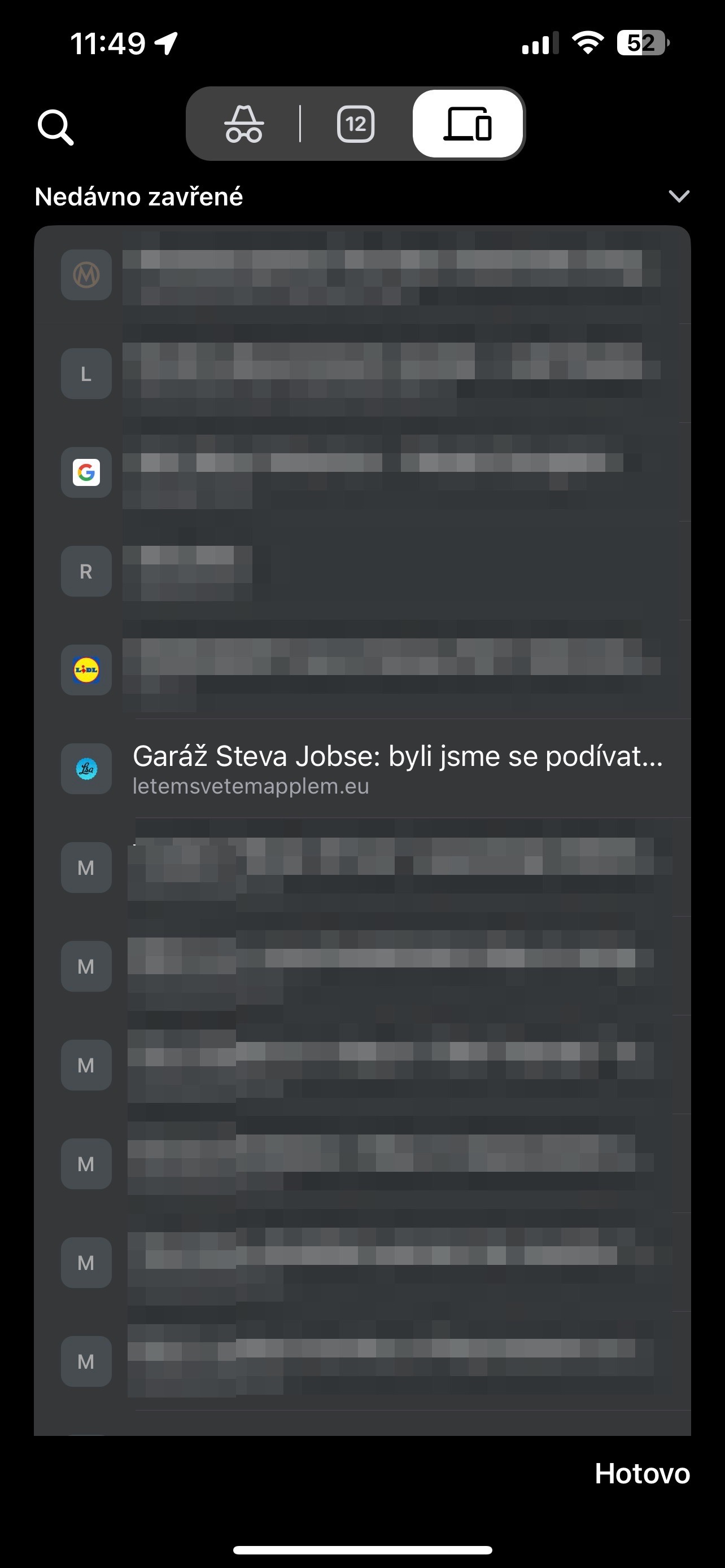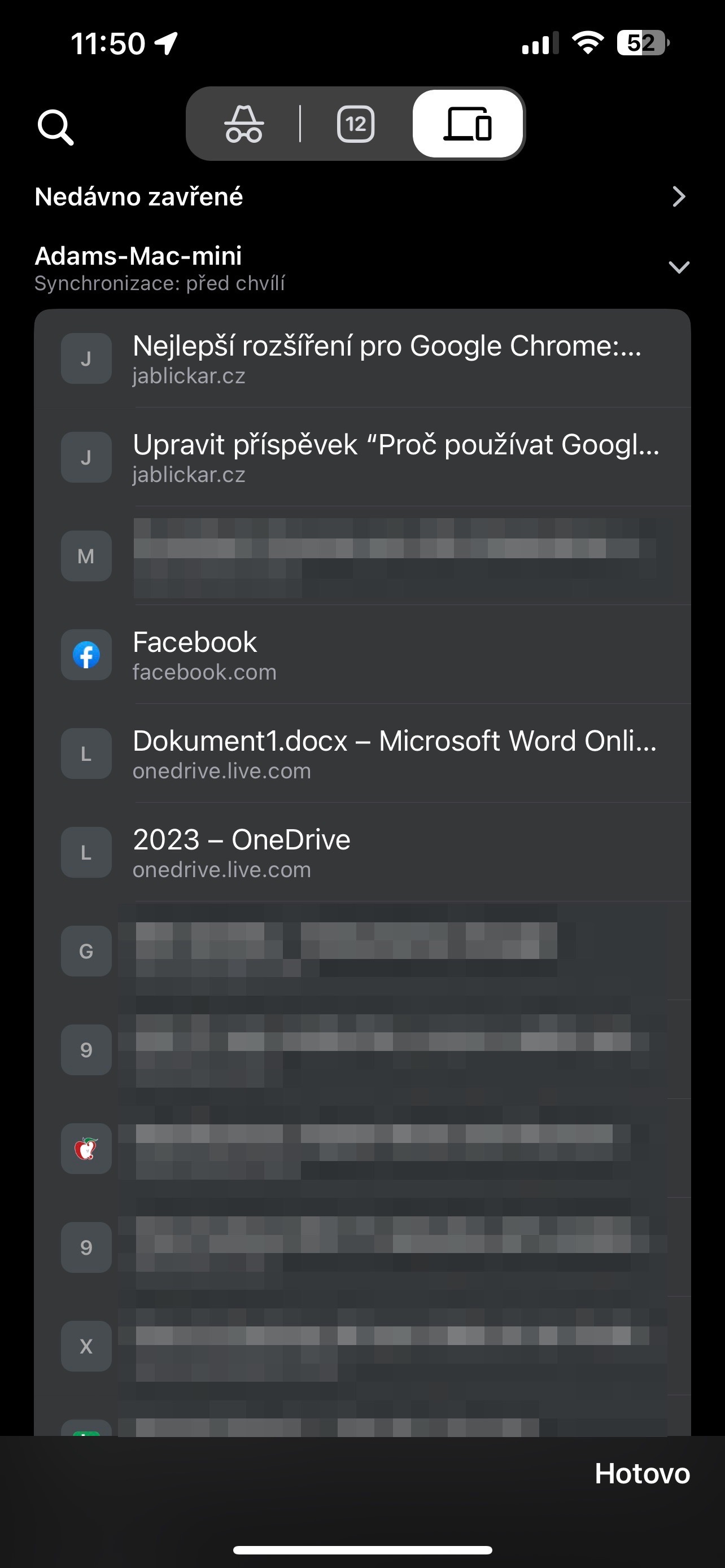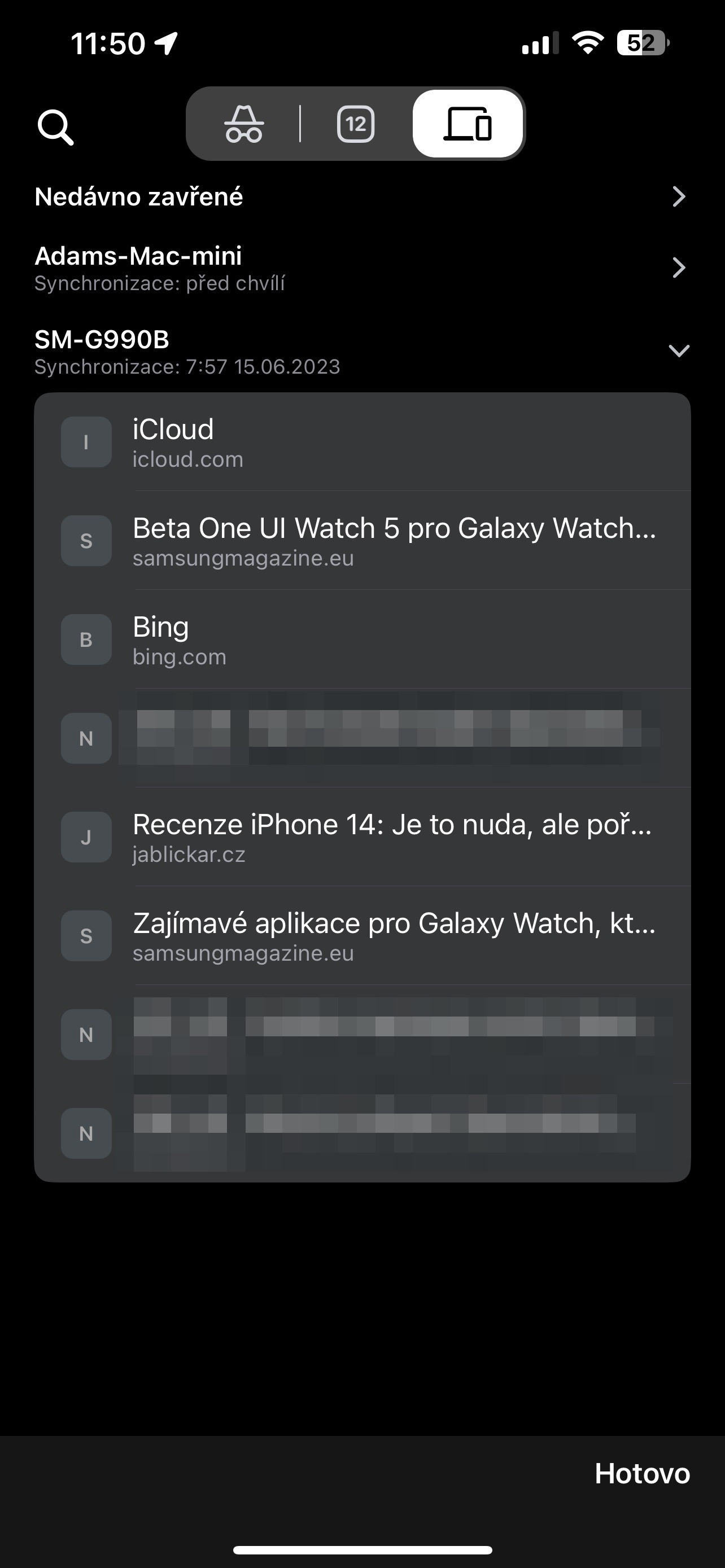Apple has its own and pretty strict rules for practically anything. As for iOS web browsers, it mandates that they all use WebKit like its own Safari. But this is changing. But what does that mean?
Want to create your own web browser for iOS? You can, it just has to run on WebKit. This is the name of the rendering core of the browser and at the same time the framework built on this core and used by Apple applications. It was originally intended only for the Mac OS X operating system, but it has expanded and serves as the basis of web browsers in other systems as well (Windows, Linux and mobile platforms). However, the biggest share in its expansion is not Apple, but Google with its Chrome browser. This, however, means that under the hood all browsers are actually the same.
This has the main disadvantage that it limits the number of new features that competing browsers can offer, as well as the fact that it is impossible to create a browser for the iPhone that renders pages faster than Apple's own Safari. But the growing antitrust pressure Apple is facing also cites the fact that its requirement to use WebKit is anti-competitive. And so it slows down here, as well as with the possibilities of downloading applications and third-party access to the NFC chip.
It could be interest you
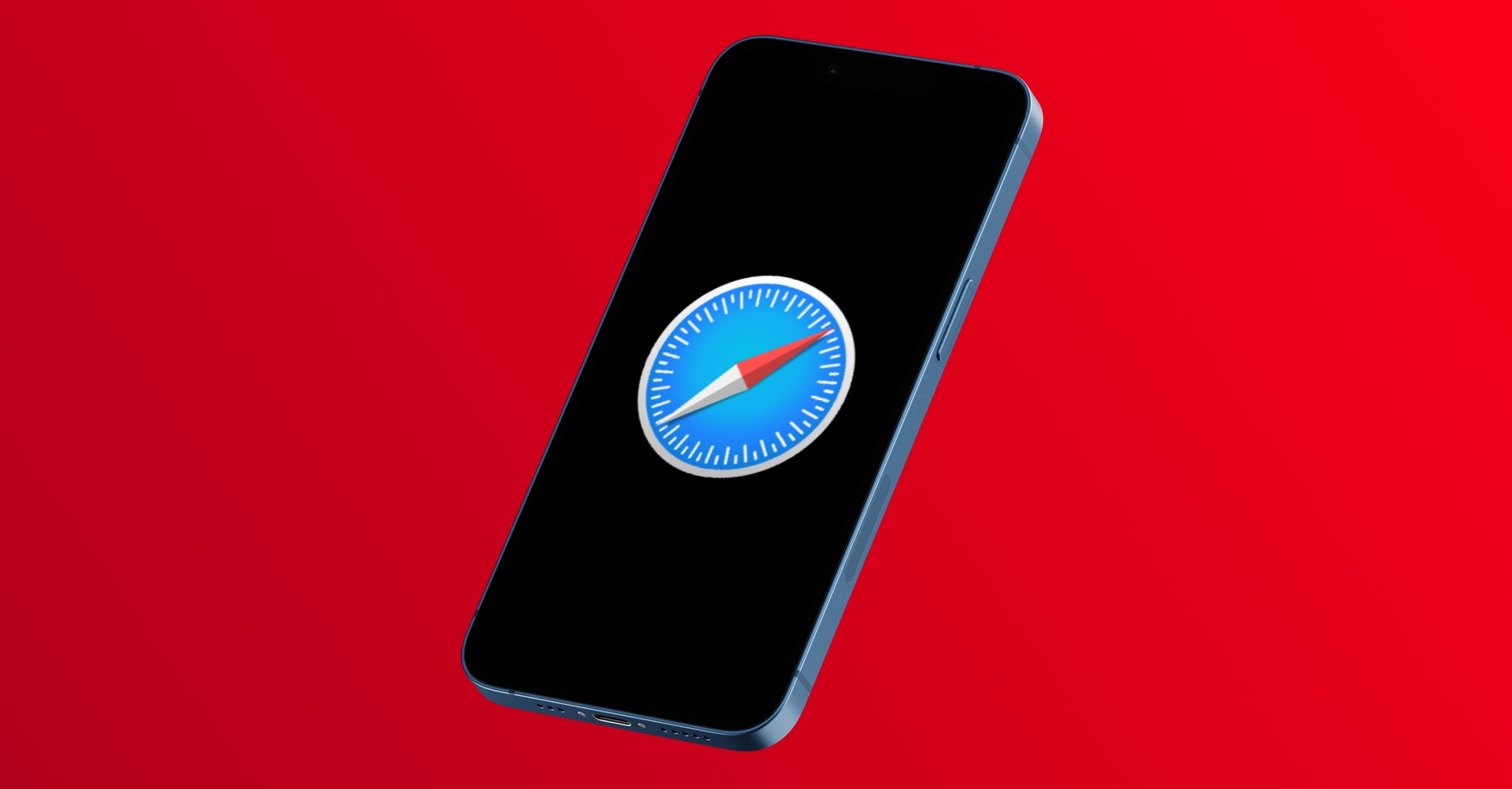
Let's not sow prematurely
This has been in the works for quite some time and many developers have been waiting for this wall to come down. For at least over a year, Google has been developing a new Chrome that will use the same rendering modules as its desktop browser, which is Blink. Mozilla, which uses the Gecko module in its Firefox, is not idle either. On the other hand, it won't be easy either.
To blame, of course, is the fact that Apple will only allow the bridle in the EU, which will mean for developers that they will have to maintain two applications. In order for Google and Mozilla to offer their browsers, for example, in the USA, they will have to keep updating the original "webkit" application there. For the giant Google, this may not be such a problem as for all other and smaller companies.
All of this means that we could have web browsers in the EU that will be faster than Safari and offer original and custom features dependent on their core. But there will probably only be units, and probably only from the biggest players. The smaller ones might want to pay for them, which users may not like. Of course, it would depend on how much they wanted for it and what else they would offer for it.

